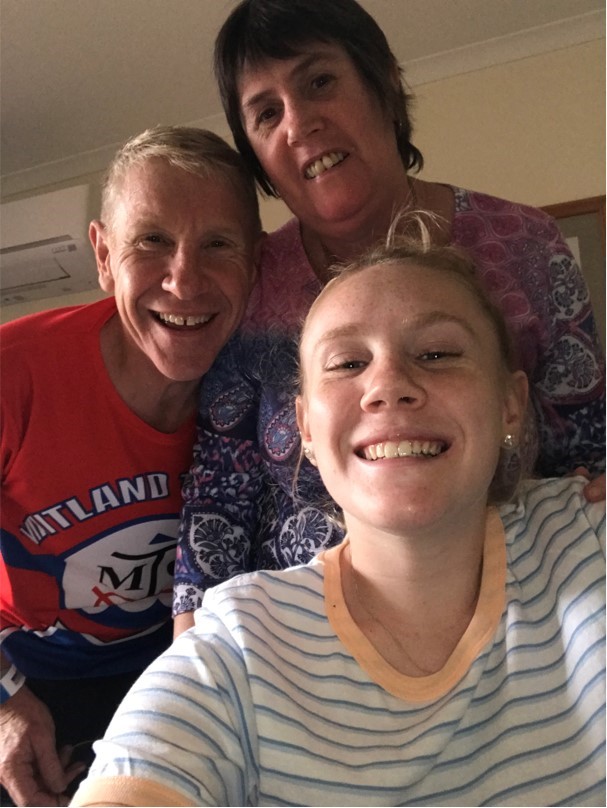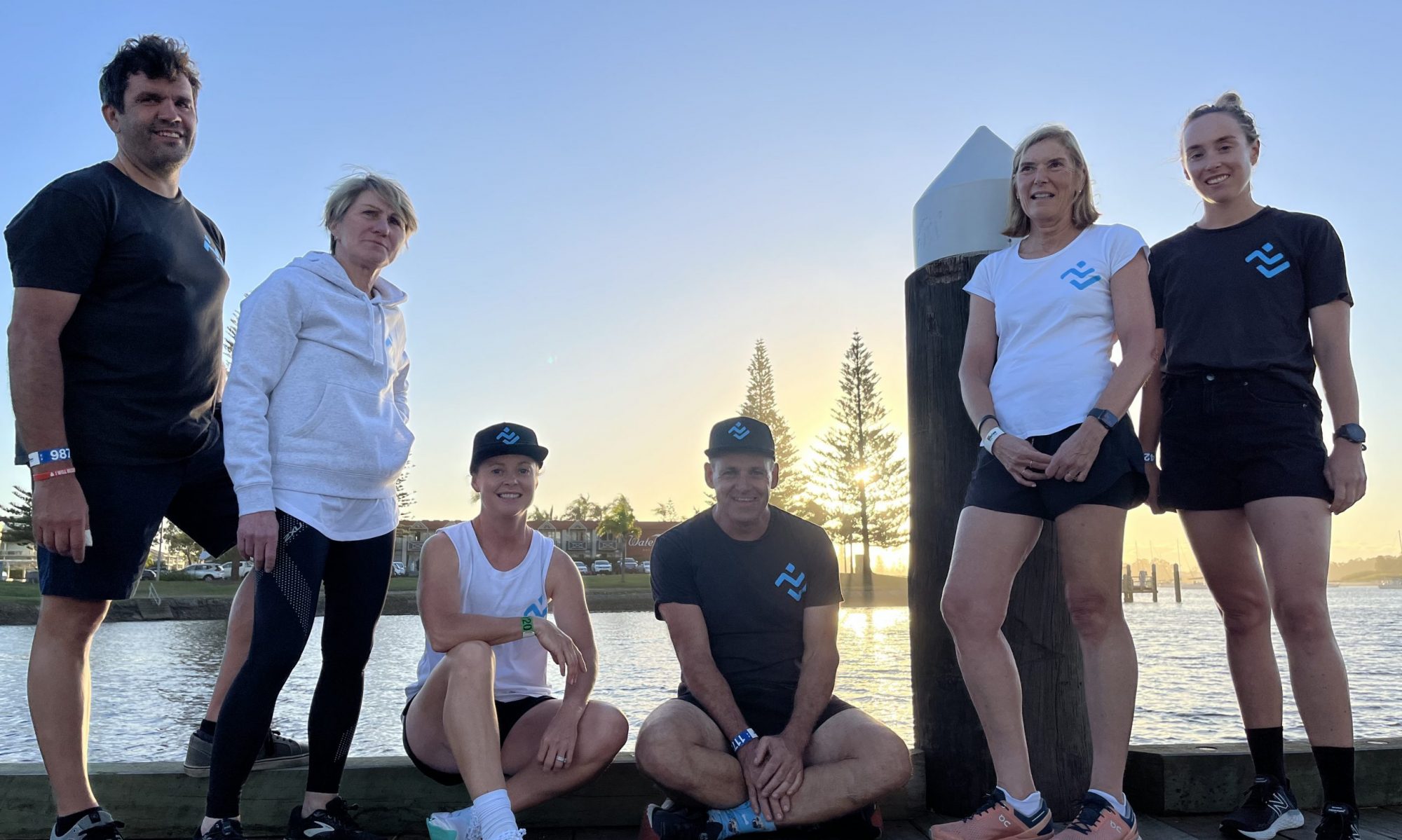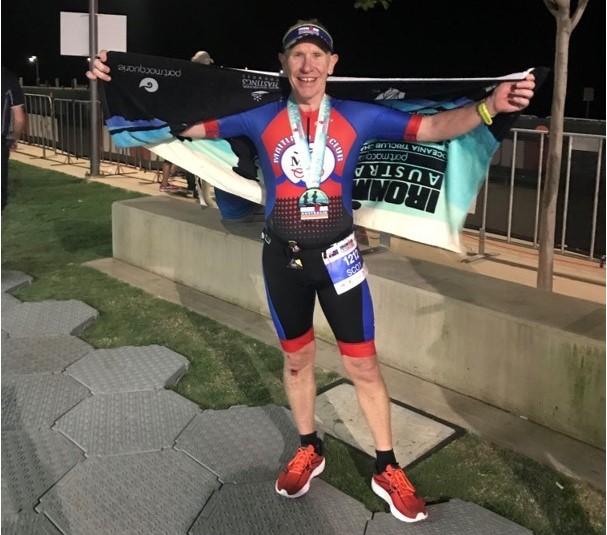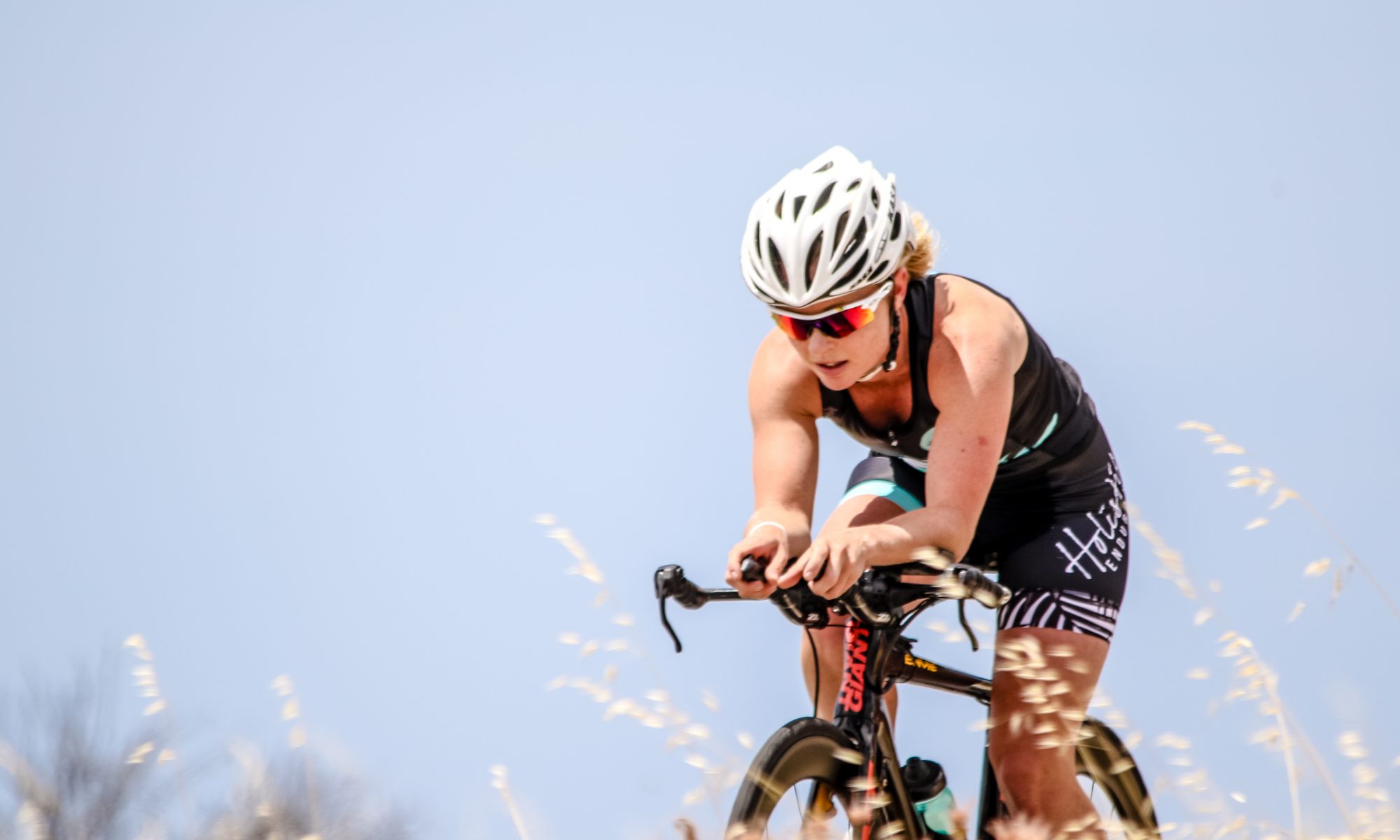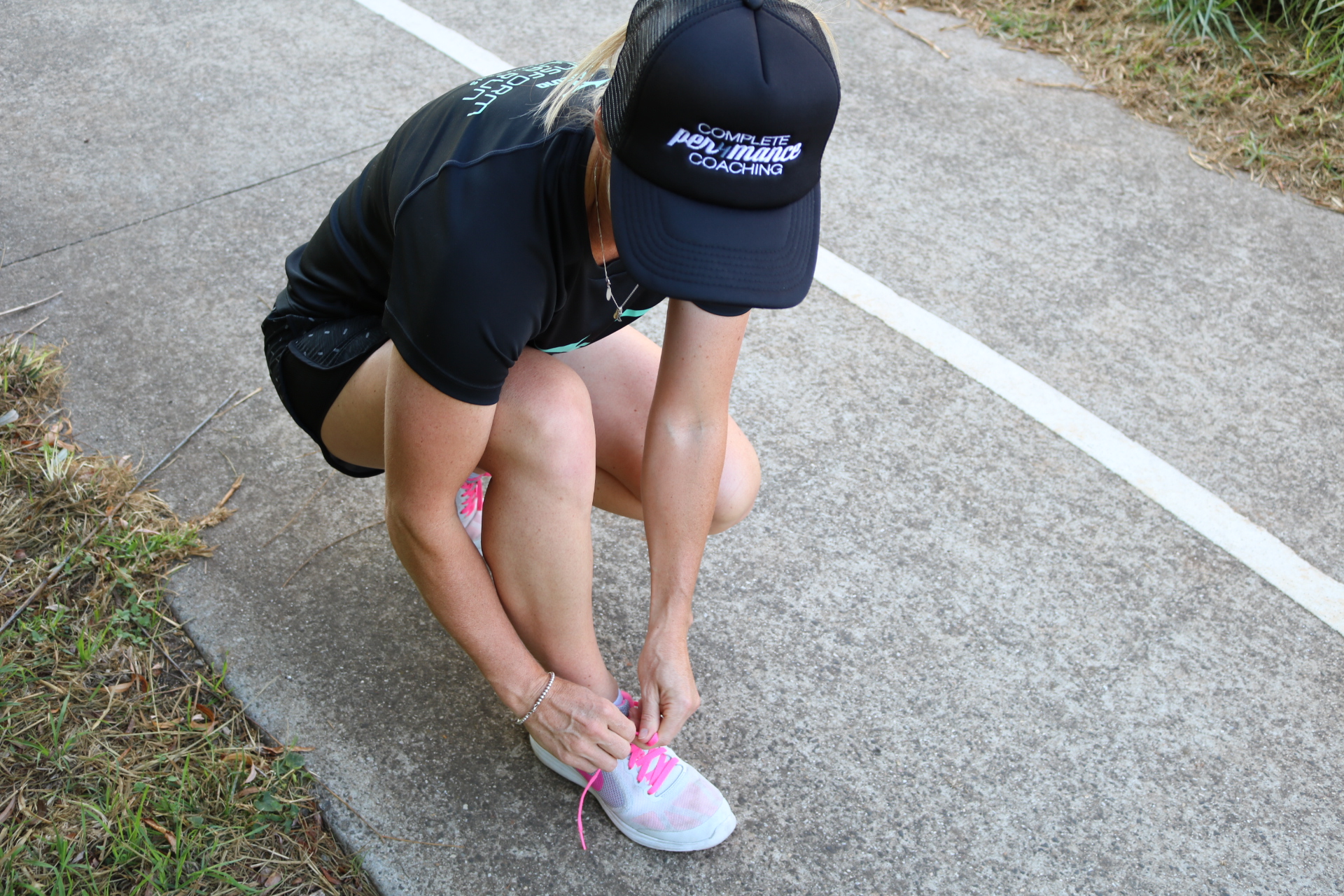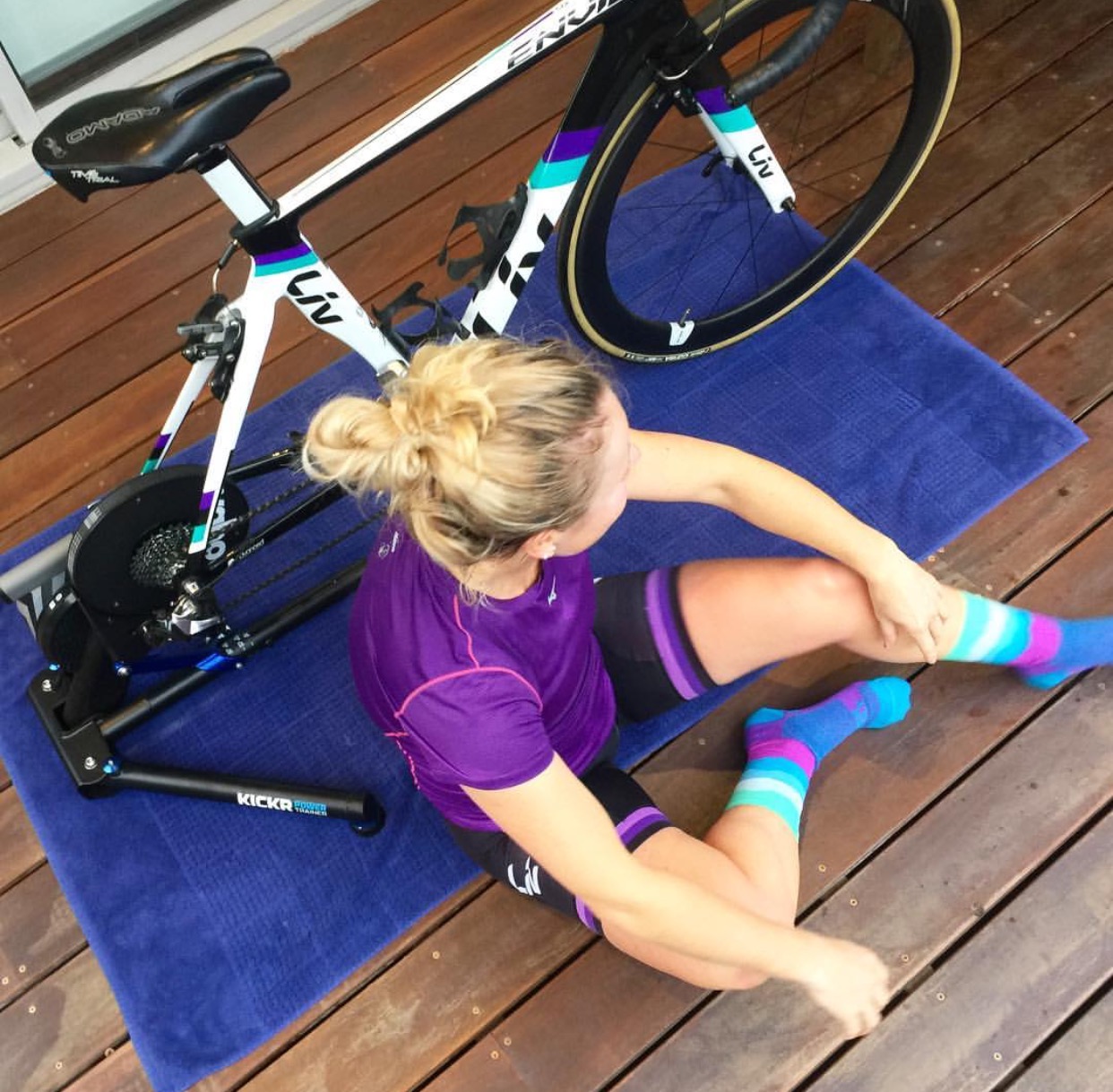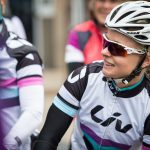When an athlete comes to you with the goal of tackling their first Ironman, you know you are in for exciting and rewarding ride. Every race, no matter the distance and no matter the goal are as important as the next, but there is just something about Ironman / endurance racing. Something that lights a fire deep in your belly (of coach and athlete!), it creates a higher learning, a commitment to the work load, a dedication above what an athlete often believes is even possible until they actually complete it.
As a Coach you really start to get a deep understanding of your athlete. Conversations form around family and how important they are to the journey, the significance of such a race, the impact it has emotionally and what is required to undertake such a feat. And always along the way for the athlete, its about learning. What makes them tick, what their default is when the going gets tough, what they revert to and think about over long lonely rides….
The Ironman journey is far more than swim bike run, it’s a journey that takes on a life of its own, and when an athlete goes through an Ironman journey, they come out the other side not only a stronger and more resilient athlete, but more appreciative of the human body, understanding of the importance of mindset, of recovery, of becoming in tune with their own physical, emotional and spiritual self. Ironman is not just a race….
Some will never understand why others choose to put their body through such grueling and time consuming training “Why would anyone want to do that?” Why put yourself through the hours of training? Why choose to sacrifice sleep or nights out in favour of the lure of a race? Why? No one can ever really answer those questions apart from athletes themselves. Everyone has their own reasons…
So we sat down with athlete Scott Salmon who recently completed his first Ironman at Ironman Australia – Port Macquarie. We find out what his experience was like, what kept him pushing, what he found the toughest, and how he crossed the finishing line feeling like a ‘million bucks’!
CPC: Firstly congratulations, Scott Salmon YOU ARE AN IRONMAN!! How does it feel?
SCOTT: The Ironman race experience was absolutely amazing! Definitely up there with the other highlights of my life. It was far more than I could have ever imagined. I hope this is not arrogance but I feel more like a sense of accomplishment than being proud. Maybe they are the same…..?…. Either way, I could not be any happier!
CPC: Gives me goosebumps just thinking about it! Now let’s take a few steps back, you came across Coach Sarah & CPC after reading one of her articles in Aus Tri Mag. You had been doing some of your own training, and training alongside members in your local club, so what made you want to look at adding a coach to your arsenal?
SCOTT: The desire to learn more about being a competitive triathlete and making the finish line of an Ironman. I didn’t think I could do it justice on my own, so when I read an article Sarah wrote about Ironman racing, her words really resonated with me so I got in touch. And as they say ‘the rest is history’. 🙂
CPC: You had what I would call a pretty perfect Ironman race lead in. You nailed your sessions, listened and learned, stayed healthy and injury free. What do you think were the key aspects in your build for an Ironman that helped you train while staying injury free, healthy and happy?
SCOTT: The whole holistic approach of my coach Sarah, learning, trusting and putting things into practise. As well as my Wife/nutritionist for supporting me. A few key things that I started implementing that were instrumental was mindfulness – nearly daily, allowing time post session to rest and recover and not just rushing off to whatever is next, along with prioritising sleep. Oh and listening not only to the Coach, but to my body – as Sarah would say, each of us know our own bodies better than anyone else, so really looking and listening for cues if something isn’t right or doesn’t feel right, and having a Coach can then help you break that down and action whatever is needed.
CPC: When did it get to that moment in your training when you thought ‘yes I can really do this’! (Ironman) ?
SCOTT: A third of the way through my IM training block I felt I could finish an IM , but it wasn’t until about halfway into the run leg on race day that I was confident I could race an IM. SO as long as you have a goal and be prepared for the commitment and the work, trust that the process will get you there.
CPC: Soooo, talk us through your race? We want to know how it unfolded! How were the nerves? What did you find the toughest? How did you keep focused?
SCOTT: I found I was relatively calm leading up to the start, we were so blessed with ideal conditions, so that definitely helped. But as I said above, I was confident I could finish with the training, with the race plan and the tools in my toolkit, so I was confident on the start line – albeit a little nervous.
The swim leg went really well , I felt my strength was my controlled pacing for my relevant swim fitness. Exiting the water was my first experience of crowd support and wow what a picked me up!
The bike was a great time to reflect on my IM journey with a few moments of tears and joy along the way. I had a feeling towards the turn around point of the first lap that I might of went out a bit hard, but I settled into the rest of the race really well.
The highlight of the bike ride was climbing Matthew Flinders hill the first time, riding through a fantastic crowd of friends and spectators was surreal which I can only imagine what the pro cyclists feel climbing the Pyrenees in the tour! Making my way back into town for the end of the first lap was also another highlight with acknowledgement from the Race commentator towards me personally with reference also to our Maitland Tri Club really hit home of the importance of community. With that lift I started heading back out for another lap and my mental energy was very high which made the trip south seem quicker than the first time.
After the turn around it was back into being in and out of the saddle which I found was a blessing for my backside. Coming into the section of the race which was flat, I found myself concentrating and reassessing to stay focused. Coach Sarah gave me lots of tools for this, so I started concentrating more on form, breathing and positive thoughts. It worked a treat , as for the first time along the flats no one passed me (LOL) maybe they were tired.
Back into the outskirts of town and the thought of climbing the Matthew Flinders Hill again felt daunting and it was. A fitting moment towards the end of the bike leg was to ride down the main street (draft legal of course) with a true legend of the IM circuit and our club Sensei Pete Hodgson. (Maitland Tri Club)
Setting out on the run and the hardest thing was to slow down to a Marathon sustainable pace. Coach Sarah warned me of this, so I was diligent. Further in and the mind starts to want to take control and once again from the things I learnt from the coach about feeding off the crowd, acknowledging volunteers, soaking up the atmosphere and trusting in my training really helped me to stay focused on the present moment. I was expecting the run to get tough though and it did. But the support I received from my fellow club persons young and old and the desire to finish so I could see my family was a very determining factor with staying focused and positive towards the back end of the race.
CPC: for most athletes doing their first Ironman, I try not to focus too much on the time outcome, but more the experience and having a consistent and well rounded race. How do you feel you went in this regard?
SCOTT: I’m hesitant to say without sounding cocky, but I think I had the perfect race. Everything went exceptionally well, right down to (with your help Sarah) nailing the key points like nutrition, having no equipment troubles and no injury’s. So in regards to reflect on how I felt when i finished, I felt like a million bucks!
CPC: and the bonus – you nailed the race and came away with not only a fantastic experience, but a race result that reflected all you hard work. Awesome work!
Swim: 1:01.13
Bike: 5:57.26
Run: 4:08.40
Overall: 11:16.58
Check out full race results online: Ironman – IRONMAN Australia

CPC: And what would you say is a highlight/s from your Ironman experience? What will stay with you forever?
SCOTT: Most definitely the community spirit within Triathlon at a local and national level. The unselfishness and kind acts of the volunteers sharing their time for my enjoyment too. And mostly sharing all the emotions at the finish line with my Wife Sharon and Daughter Lauren. That will stay with each of us forever.
CPC: Oh for sure! And do you have any wise words for other athletes thinking of taking on the goal of Ironman later in life?
SCOTT: Like everyone with a bit of age on their side, we often reflect on things we have done whilst maturing. These experiences make us who we are, some we are not proud of, but taking on the challenge of the IM has helped me personally draw back on the all my years and filter the experiences to leave the positives and from that I’m confident in saying I am a better person for it.
CPC: Love that – a great way to utilise your life experiences. 🙂
And I always finish with this question…. so – what’s next for Scott Salmon? Would there be another Ironman on the cards one day maybe?…. 😁
SCOTT: I would love to keep learning about the sport under the guidance of Sarah at Complete Per4mance Coaching as well as staying involved with the Maitland Triathlon Club community which my family and I feel apart of and is something I hope does not end soon. Knowing that gang I’m certain I will be attending or competing with them on that first Sunday in May at Port Macquarie Ironman……
CPC: anything else you would like to add / people to thank?
SCOTT: My wife Sharon who keeps me grounded and is by far my number one supporter.
Coach Sarah for her above and beyond commitment to all her athletes and preparing this old bloke to a high level of fitness to take on an endurance event.
Pete Hodgson for inspiring me with the love and dedication he has for Triathlon and the whole City of Maitland.
And for everyone else who I trained with and competed against to learn the skills especially, Aaron Hughes an honest true friend.
CPC: So honest, humble and a true gentleman, truly deserved Scott, well done again!
